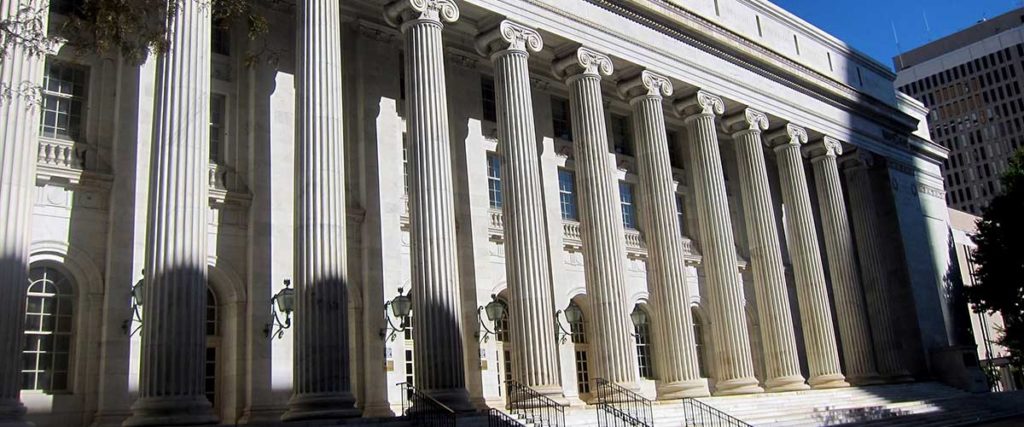On Friday, January 6th 2017, the National Whistleblower Center filed an Amicus Brief before the Tenth Circuit in Genberg v. Porter. The Genberg case deals with the definition of reasonable belief under the Sarbanes-Oxley Act (SOX). SOX requires whistleblowers to have a reasonable belief that a violation has happened or might happen in the future in order to be protected. Consequently, the standard for reasonable belief has wide-reaching consequences for whistleblowers reporting on corporate fraud and misconduct. The principal author of the brief, Stephen M. Kohn, writes about the case below:
When Enron collapsed in 2001 we met with leaders of the Senate Judiciary Committee. We discussed the drafting of the Sarbanes-Oxley Act, a bill meant to prevent another corporate meltdown like Enron. We agreed that the law would need to protect whistleblowers effectively in order to work. We knew that corporations would twist the standard for reasonable belief in order to undermine the law.
We suggested including an explicit reference to the recognized standard for reasonable belief under other comparable laws. That standard was set out in Passaic Valley Sewerage Commissioners v. Department of Labor, 992 F. 2d 474 (3rd Cir. 1993) which had been adopted by courts across the country and by the Labor Department. The Judiciary Committee agreed and put a specific reference in their final legislative report, explaining that the standard for reasonable belief in SOX was based on Passaic Valley.
I thought my job was over.
I was dead wrong.
The law was barely passed when the Chamber of Commerce and its corporate allies started reinterpreting the term reasonable and started advocating a standard few whistleblowers would ever be able to meet. Based on the longstanding acceptance of the Passaic Valley standard and the explicit references to it in the legislative history, I was sure the Chamber’s arguments didn’t stand a chance.
I was dumbfounded when court after court followed the Chamber’s view that whistleblower reports needed to be definitive and specific and cite directly to laws they believed were being violated in order to receive protection. These interpretations turned Passaic Valley on its head. Far from requiring whistleblowers to act as prosecutors and create extensive reports with specific allegations, the Passaic Valley standard protects any “non-frivolous” report, even in cases where it turns out the whistleblower was mistaken about the violation.
In 2011, the National Whistleblower Center started fighting back. The first battle was against the Department of Labor in Sylvester v. Parexel, where we filed two Amicus Briefs, and participated in the oral argument. We won a unanimous victory before the Administrative Review Board in that case.
The second case came when the first appeals court took up the issue of reasonableness in Wiest v. Lynch. We won that in a two to one vote.
Within the last year, a district court in Colorado resurrected the definitive and specific standard which I thought we had beaten back. So, for the third time, the National Whistleblower Center filed an Amicus brief on this issue in an attempt to put a final nail in the coffin for that standard.
You can read the brief we filed on January 6th for yourself here. Please carefully review it to understand the work the National Whistleblower Center does to protect whistleblowers nationwide.
We need your help in pushing back against the attacks on whistleblower rights whether they come from the courts, the Congress or the President. We need your help so we can work with our numerous friends on both sides of the aisle to protect and strengthen whistleblower rights.
How you can help:
- Join the Action Alert Network
- Invite a friend to join the Action Alert Network (by using the share tools at the top of the signup page)
- Donate
